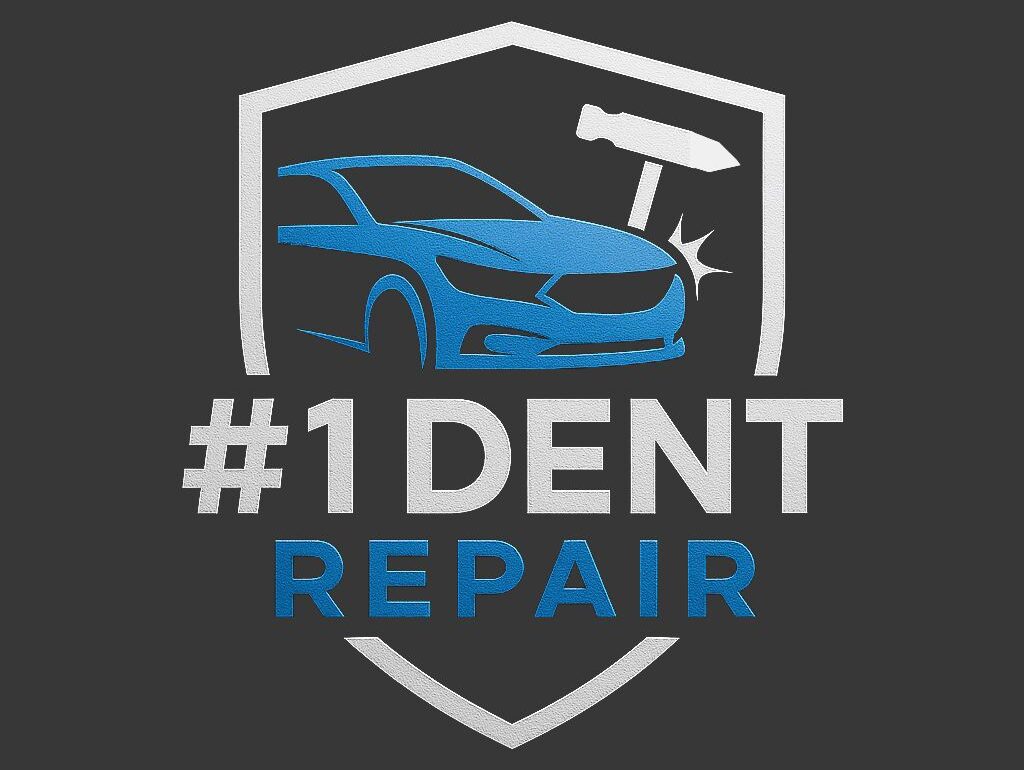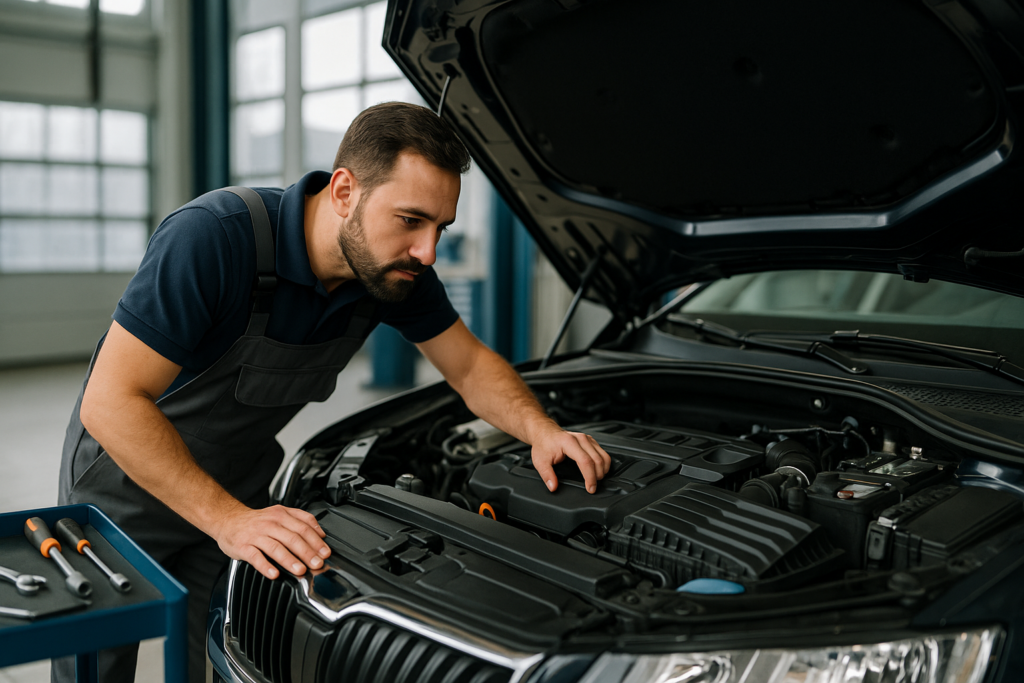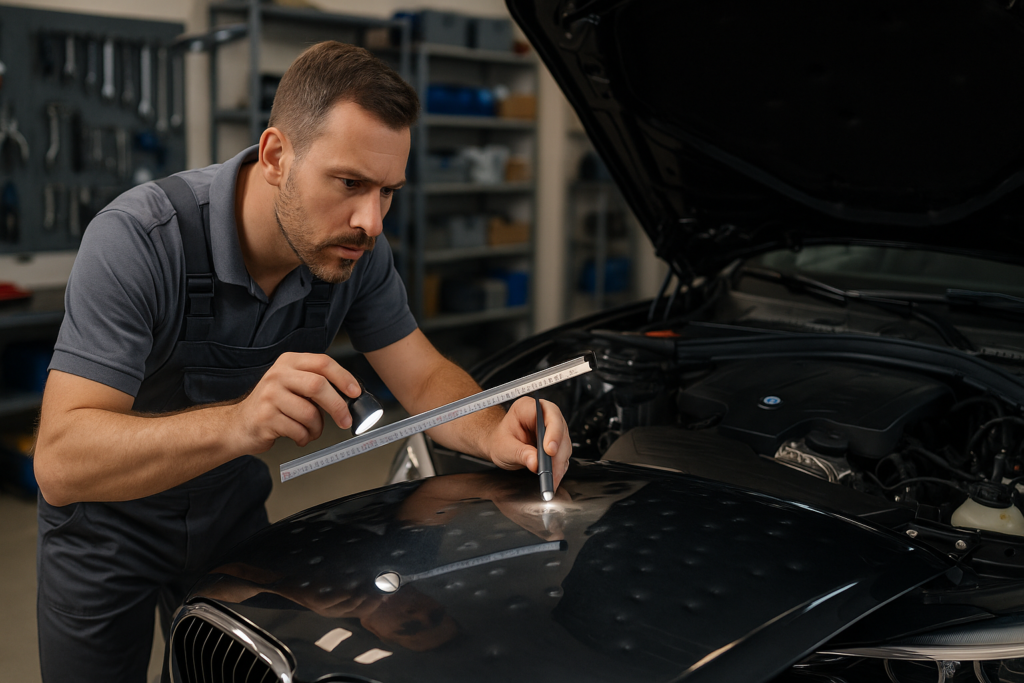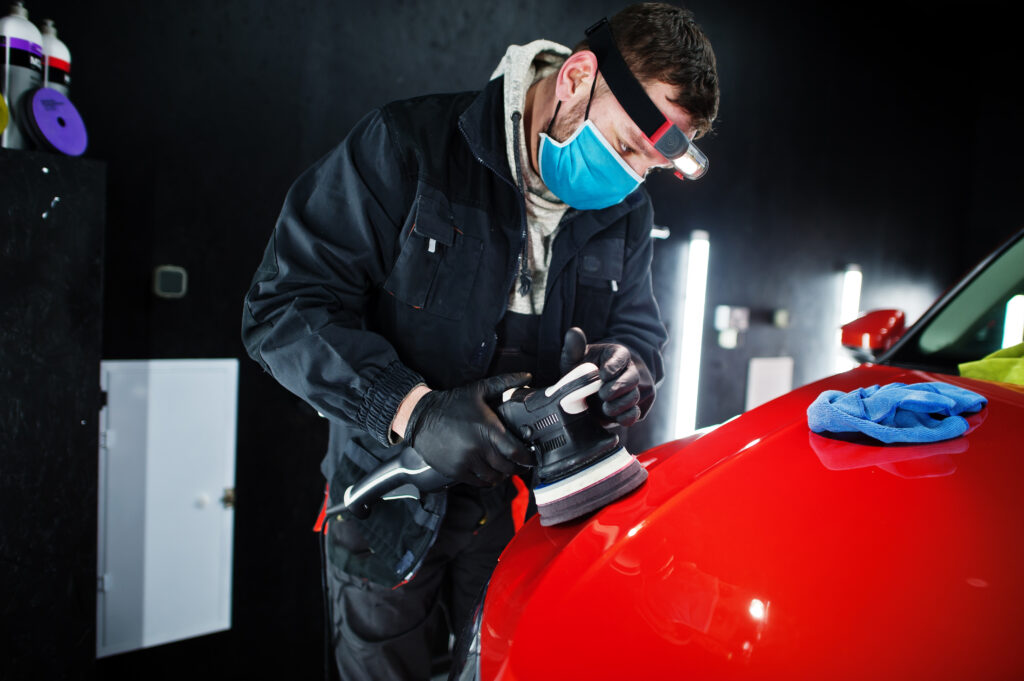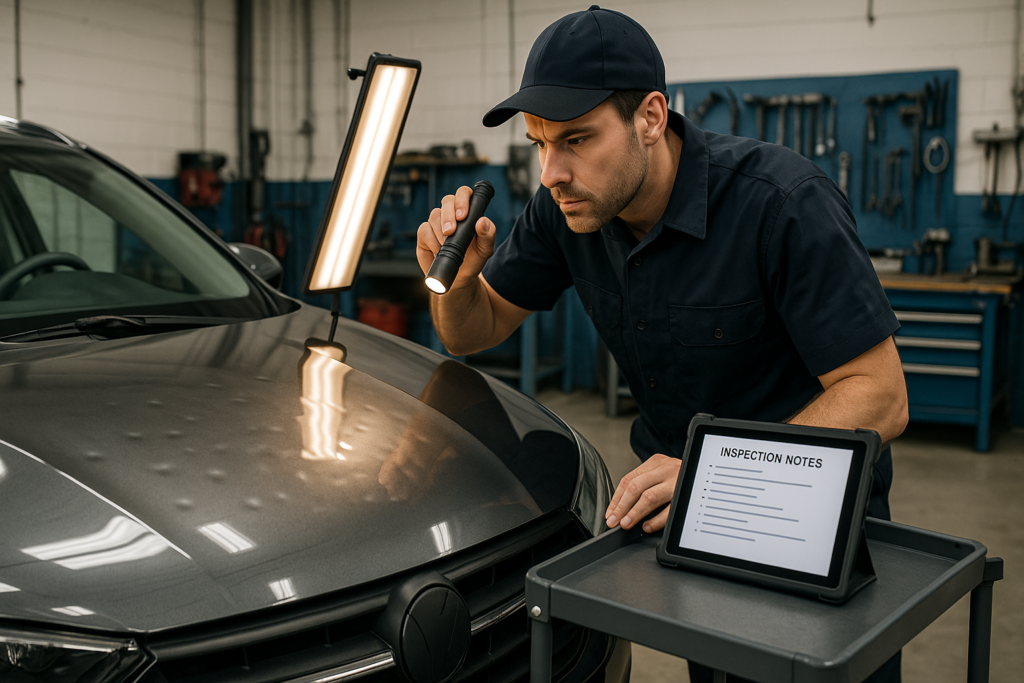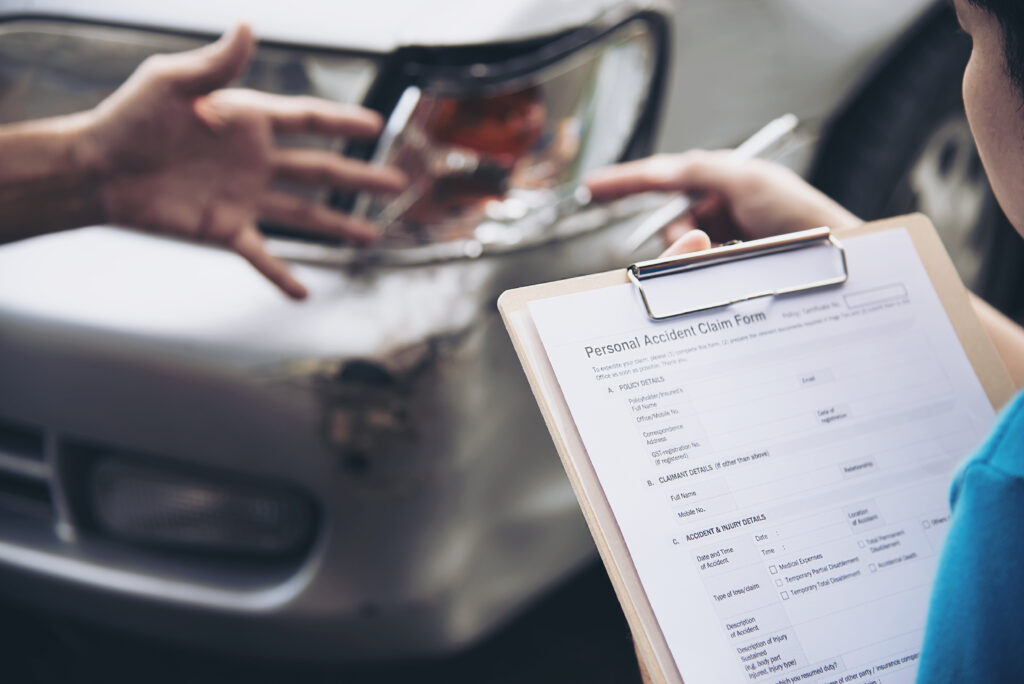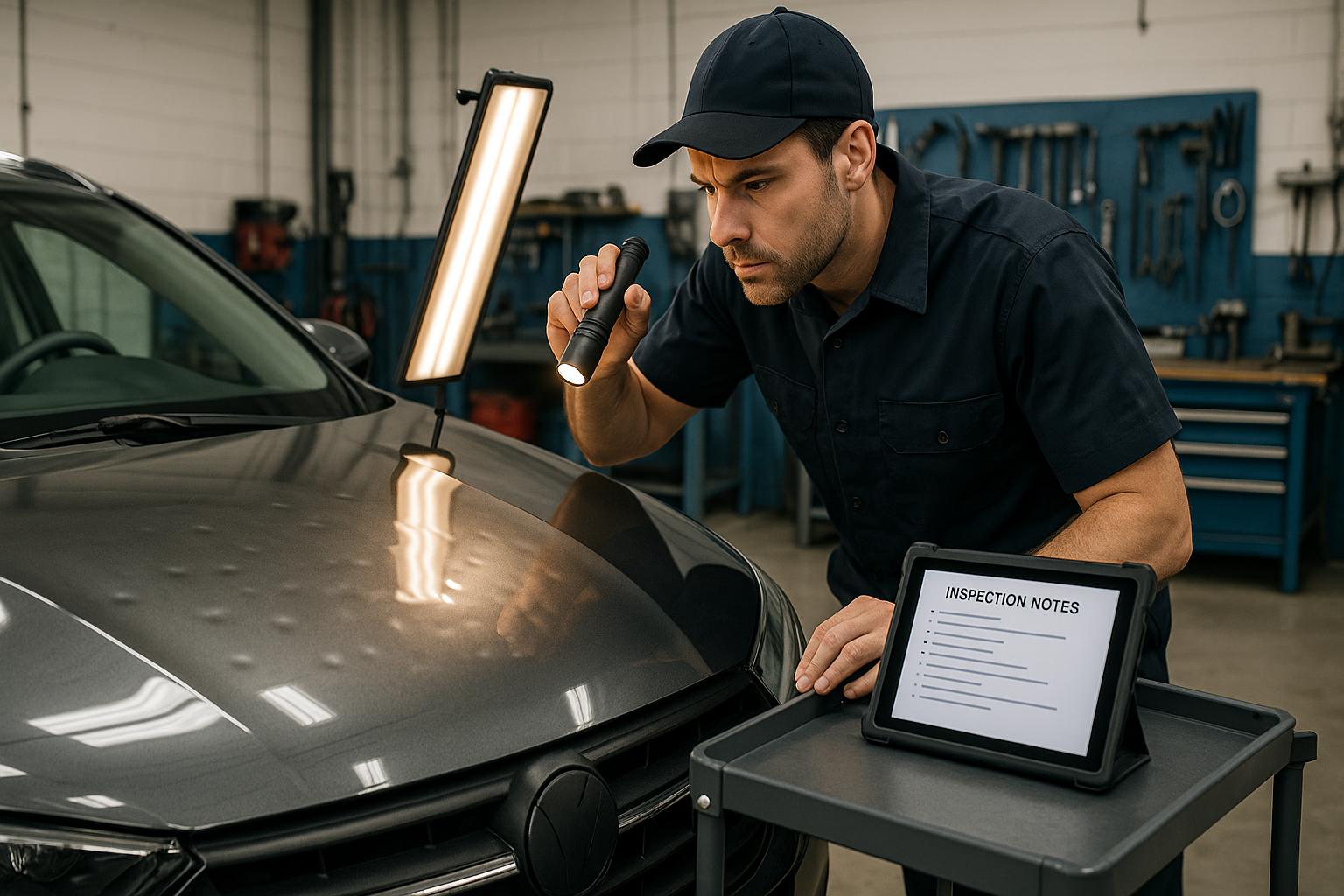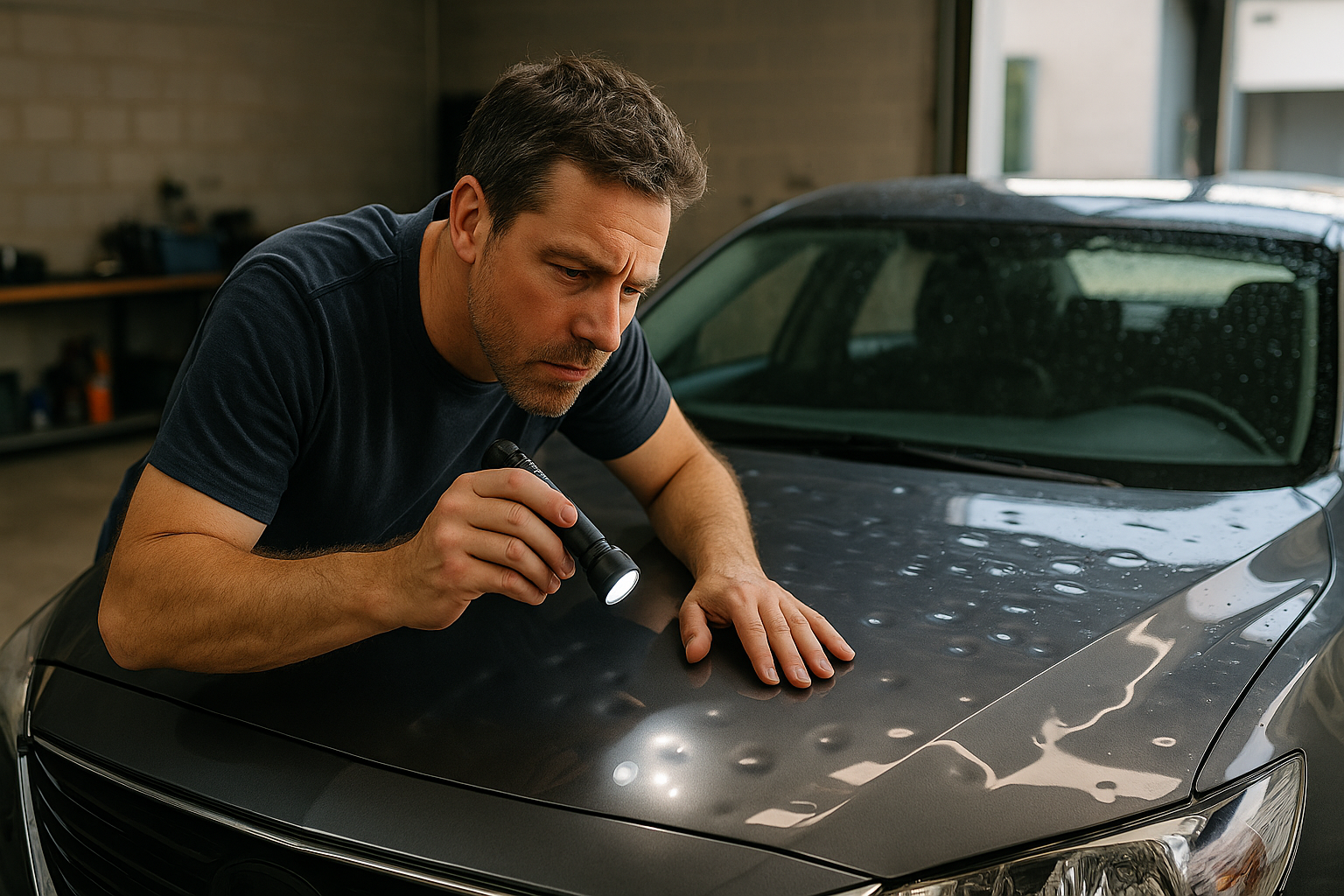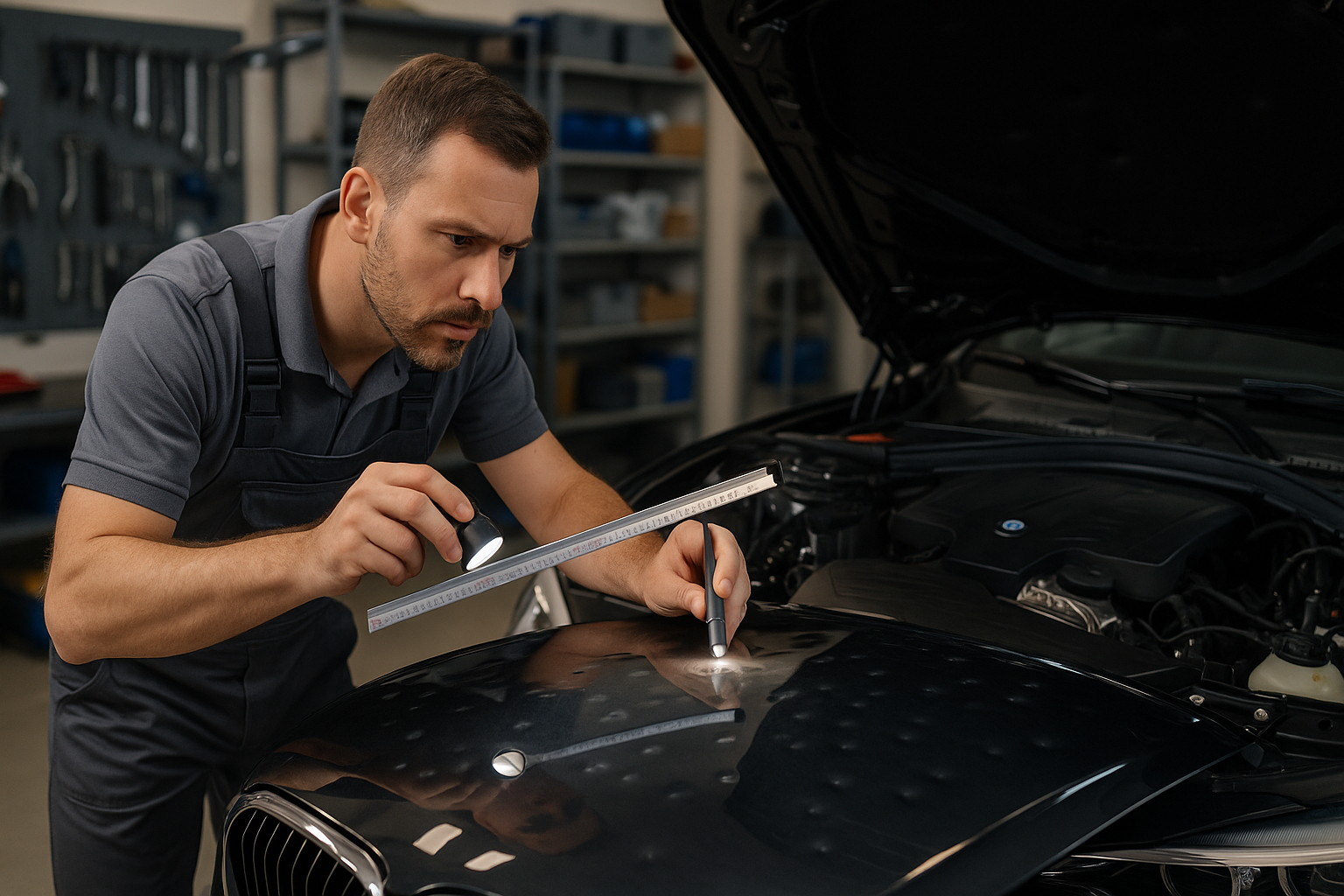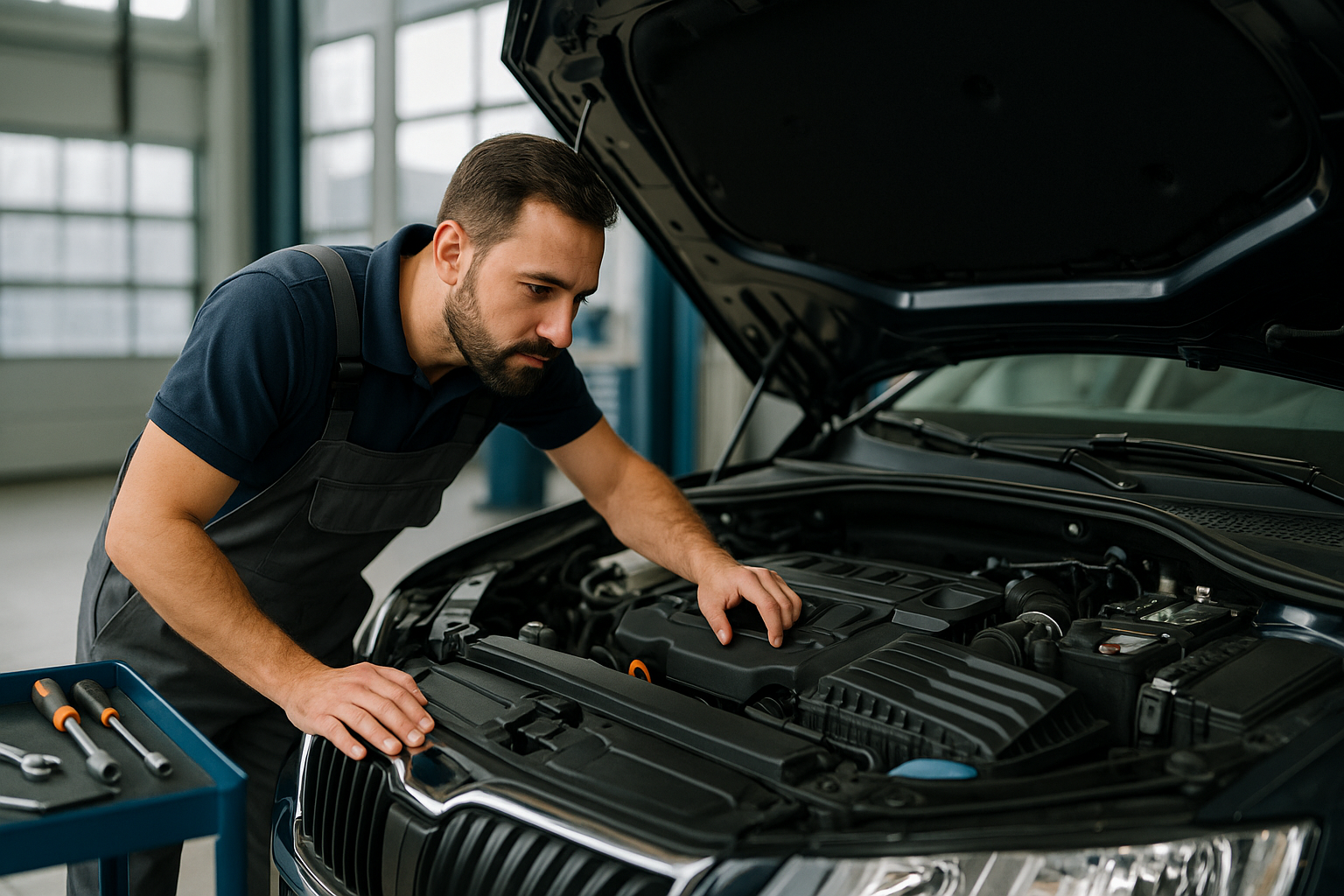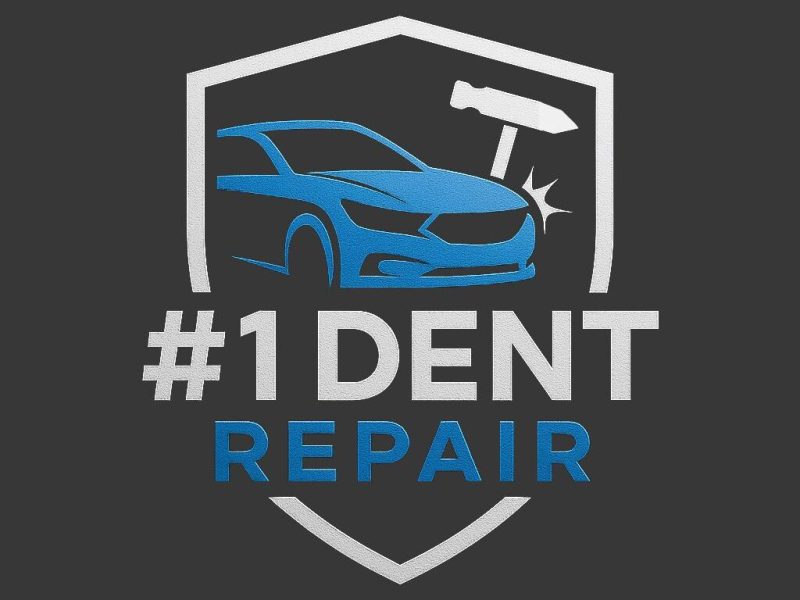Car maintenance goes far beyond changing the oil or checking tire pressure. Taking good care of your vehicle is a way to ensure safety, save money, and extend its lifespan. Ignoring preventive maintenance can lead to serious — and often expensive — problems that could easily be avoided with regular attention.
In this article, you’ll learn:
- The importance of preventive maintenance
- Which items should be checked regularly
- Practical tips to keep your car in excellent condition
Why Is Preventive Maintenance So Important?
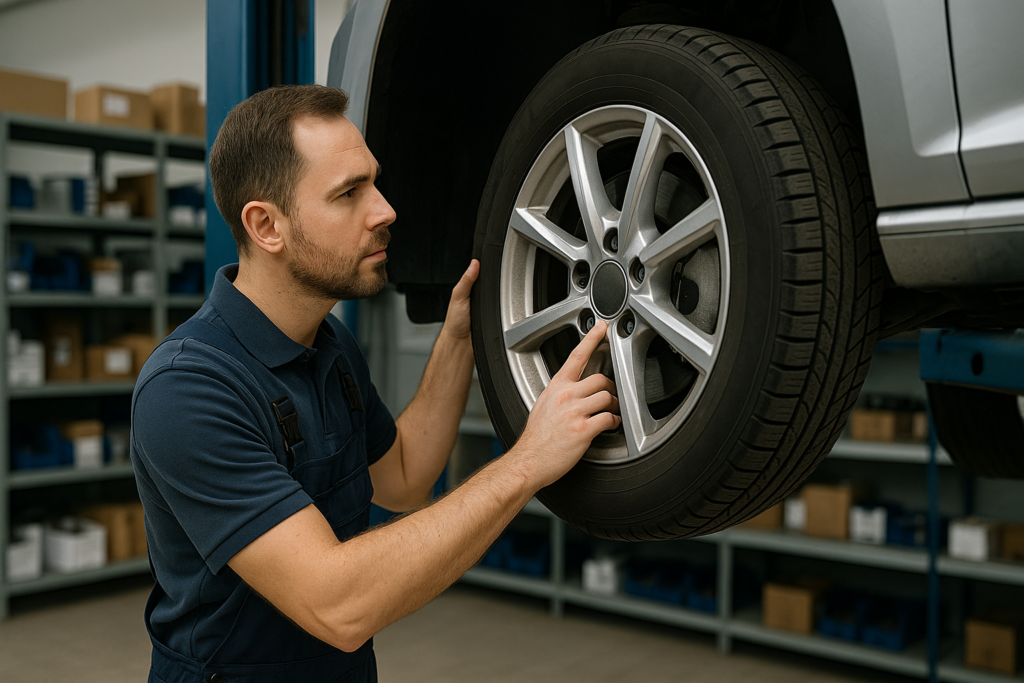
Preventive maintenance refers to regular check-ups and servicing of your vehicle to prevent mechanical failures and preserve the performance of its components.
Key benefits:
- Greater safety: Reduces the risk of accidents caused by brake, tire, or suspension issues.
- Lower costs: Avoids expensive repairs, such as engine or transmission replacement.
- Higher resale value: Well-maintained cars hold their value better.
- Better fuel efficiency: A properly serviced vehicle runs more smoothly and uses less fuel.
What Should Be Checked During Maintenance?
1. Engine Oil
- Change it as recommended by the manufacturer (typically every 5,000 to 10,000 km).
- Don’t forget the oil filter as well.
2. Brakes
- Inspect brake pads, discs, and brake fluid.
- Any strange noises or loss of performance are red flags.
3. Tires
- Check pressure regularly and rotate tires every 10,000 km.
- Look for uneven wear patterns.
4. Suspension
- Noises, vibrations, or instability may signal suspension issues.
- Have shocks, springs, and bushings checked by a professional.
5. Cooling System
- Coolant levels must be maintained.
- Overheating can seriously damage the engine.
6. Battery
- Check battery terminals and monitor lifespan (usually 2 to 3 years).
- Dim lights or difficulty starting may be warning signs.
When Should You Schedule Maintenance?

Always follow your vehicle’s owner manual. Still, here are general guidelines:
| Item | When to Check |
| Oil and filter | Every 5,000 to 10,000 km |
| Tire pressure | Weekly |
| Suspension | Every 10,000 km or upon warning signs |
| Brakes | Every 10,000 km or upon warning signs |
| Battery | Every 6 months |
| Alignment/balancing | Every 10,000 km |
When Is Corrective Maintenance Necessary?
If your vehicle is making unusual noises, leaking fluids, struggling to start, or losing power, it may already be experiencing mechanical failure. In such cases, corrective maintenance is necessary — and usually more costly.
That’s why prevention is always smarter (and cheaper) than repair.
Extra Tips to Keep Your Car in Top Shape
- Avoid overloading the vehicle.
- Don’t drive on an empty tank.
- Only use trusted service centers.
- Keep the car clean, inside and out.
- Use high-quality fuel.
Conclusion
Staying on top of your car’s maintenance is a smart and responsible habit. It ensures your safety, saves money, and extends your vehicle’s lifespan.
Want to save time and keep your car in perfect condition? Schedule a check-up with a trusted mechanic or service center today.
